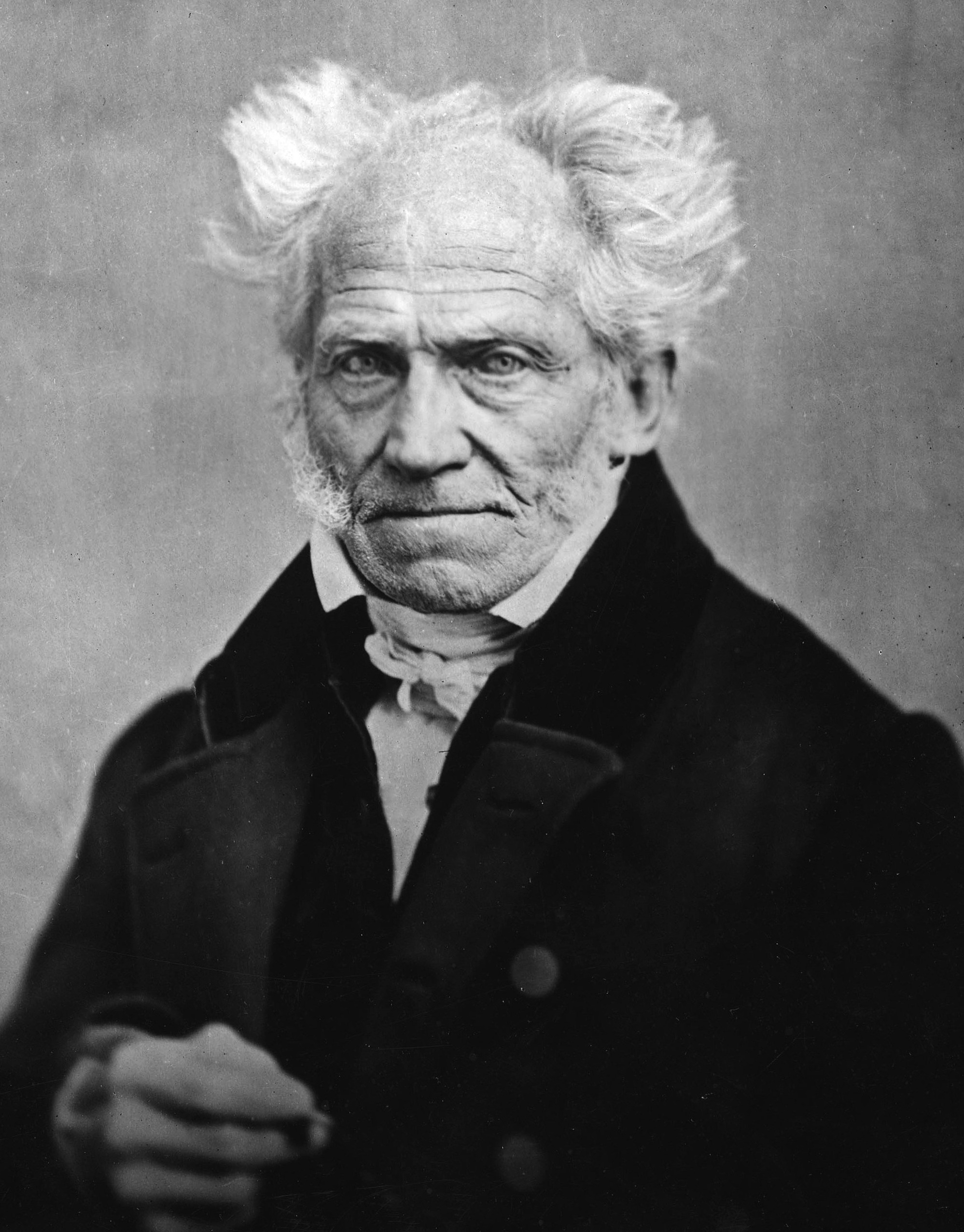Pessimism Controversy on:
[Wikipedia]
[Google]
[Amazon]
 The pessimism controversy or pessimism dispute (german: Pessimismusstreit) is a largely forgotten intellectual controversy that occurred in
The pessimism controversy or pessimism dispute (german: Pessimismusstreit) is a largely forgotten intellectual controversy that occurred in
 The pessimism controversy or pessimism dispute (german: Pessimismusstreit) is a largely forgotten intellectual controversy that occurred in
The pessimism controversy or pessimism dispute (german: Pessimismusstreit) is a largely forgotten intellectual controversy that occurred in Germany
Germany, officially the Federal Republic of Germany (FRG),, is a country in Central Europe. It is the most populous member state of the European Union. Germany lies between the Baltic and North Sea to the north and the Alps to the sou ...
, starting in the 1860s and ending around the beginning of the First World War
World War I (28 July 1914 11 November 1918), often abbreviated as WWI, was one of the deadliest global conflicts in history. Belligerents included much of Europe, the Russian Empire, the United States, and the Ottoman Empire, with fig ...
. Philosophers who took part included Friedrich Nietzsche
Friedrich Wilhelm Nietzsche (; or ; 15 October 1844 – 25 August 1900) was a German philosopher, prose poet, cultural critic, philologist, and composer whose work has exerted a profound influence on contemporary philosophy. He began his c ...
, Eugen Dühring
Eugen Karl Dühring (12 January 1833, Berlin21 September 1921, Nowawes in modern-day Potsdam-Babelsberg) was a German philosopher, positivist, economist, and socialist who was a strong critic of Marxism.
Life and works
Dühring was born in B ...
, Eduard von Hartmann
Karl Robert Eduard von Hartmann, was a German philosopher, independent scholar and author of '' Philosophy of the Unconscious'' (1869). His notable ideas include the theory of the Unconscious and a pessimistic interpretation of the " best of ...
, neo-Kantians
In late modern continental philosophy, neo-Kantianism (german: Neukantianismus) was a revival of the 18th-century philosophy of Immanuel Kant. The Neo-Kantians sought to develop and clarify Kant's theories, particularly his concept of the "thing ...
, Agnes Taubert, Olga Plümacher and critics of Hartmann. The controversy first arose as a response to Arthur Schopenhauer
Arthur Schopenhauer ( , ; 22 February 1788 – 21 September 1860) was a German philosopher. He is best known for his 1818 work '' The World as Will and Representation'' (expanded in 1844), which characterizes the phenomenal world as the pr ...
's growing posthumous public recognition in the 1860s. This led to the publication of a wide array of criticisms, attacking his pessimism
Pessimism is a negative mental attitude in which an undesirable outcome is anticipated from a given situation. Pessimists tend to focus on the negatives of life in general. A common question asked to test for pessimism is " Is the glass half emp ...
. The publication of von Hartmann's '' Philosophy of the Unconscious'', in 1869, which reaffirmed and further developed Schopenhauer's doctrine, reinvigorated the controversy. Hartmann published a great number of articles and four books in response to his critics, throughout the 1870s and 1880s. Agnes Taubert (Von Hartmann's wife) published ''Pessimism and Its Opponents'', in 1873, in response to criticism of her husband, which had a strong influence on the controversy. The German-American philosopher Amalie J. Hathaway
Amalie Louise John Hathaway (née John; – December 26, 1881) was a German-American philosopher and lecturer, who contributed to the pessimism controversy in Germany.
Life and work
Amalie Louise John was born around 1839 in Mühlhausen, Provin ...
has been described as an unrecognised contributor to the controversy.
See also
* Post-Schopenhauerian pessimismReferences
Controversies in Germany Cultural history of Germany German Empire Philosophical pessimism {{Germany-hist-stub Philosophy controversies